Botanical Name: Piper nigrum L. Common name: Black pepper Plant Read More
|
Botanical Name: |
Piper nigrum L. |
|
Common name: |
Black
pepper |
|
Plant
family: |
Piperaceae |
|
Genus: |
Piper |
|
Appearance/Color: |
colourless
or light coloured clear mobile liquid |
|
Odor: |
crisp, fresh, peppercorn
aroma, with spicy woody odor |
|
Blends
With: |
Peppermint,
clove, wintergreen, basil, bergamot, cinnamon, lemon. |
|
Origin |
India |
Black
pepper is native to India and is extensively cultivated there and in tropical
regions. The spiciness of black pepper is due to the chemical piperine. Black
pepper essential oil and its major active principle, piperine, which has the
ability to enhance the digestive system and protect us against oxidative
damage. The aroma of black pepper is spicy, musky, warm, and or course peppery.
Its oil is mostly used as a supplement for digestive and nervous system support
and wellness. For this reason, many people will use the oil as a flavouring in
their cooking, just as you might with crushed black pepper.
Pepper
is native to south Asia and southeast Asia and has been known to Indian cooking
since at least 2000 BCE. J. Innes miller notes that while pepper was grown in
southern Thailand and in Malaysia, its most important source was India,
particularly the Malabar coast, in what is now the state of Kerala famous for
exporting black pepper and various other spices, gets mentioned in a number of
classical historical sources.
As of 2013, Vietnam was the world’s largest producer and exporter of black peppercorns, producing 163,000 tonnes or 34%of the world total of 473,000 tones (table). Other major producers include Indonesia (19%) (table). Global pepper production may very annually according to crop management, disease and weather. Vietnam dominates the export market, using almost none of its production domestically. Peppercorns are among the most widely treaded spice in the world, accounting for 20 percent of all spice imports.
DISCLAIMER
The complete range of conditions
or methods of use are beyond our control therefore we do not assume any
responsibility and expressly disclaim any liability for any use of this
product. Information contained herein is believed to be true and accurate however,
all statements or suggestions are made without warranty, expressed or implied,
regarding accuracy of the information, the hazards connected with the use of
the material or the results to be obtained from the use thereof. Compliance
with all applicable federal, state, and local laws and local regulations
remains the responsibility of the user.
The FDA has not evaluated the
statements on this website. No claims are made by Venkatramna Industries as to
the medicinal value of any products from vriaroma.com or by us. The information
presented here is for educating our customers about the traditional uses of
essential oils and is not intended to diagnose, treat, cure, or prevent any
disease. You are responsible for understanding the safe application of these products.
If you have any questions, please call or email us for further information.
As per NAHA guidelines, New Directions Aromatics
(NDA) does not recommend the ingestion of essential oils. It is imperative to
consult a medical practitioner before using Essential Oils for therapeutic
purposes. Pregnant and nursing women and those taking prescription drugs are
especially advised not to use this product without the medical advice of a
physician. The oil should always be stored in an area that is inaccessible to
children, especially those under the age of 7.
Therapeutically, Black Pepper essential Oil is popularly
known improve circulation and can help to ease the pain of aching muscles. It
is traditionally popular for its culinary applications that account for its
numerous health benefits. It is best known for its ability to spice up meals
and enhance the taste of foods.
Black Pepper essential oil is a diverse oil that provides
many physically and mentally stimulating properties essential to promoting
human health.
Black pepper essential oil in
Pharma
Emotionally, Black Pepper Essential Oil is stimulating and is
a good choice for inclusion in blends intended to help enhance alertness and
stamina. Black Pepper essential oil’s unique qualities provide warm sensations
when applied topically. This factor makes it a perfect oil to use in a relaxing
massage blend.
However, when
used topically, it should be applied with caution due to its powerful warming
sensation.
Essence of Black
pepper essential oil
Black Pepper essential oil is a multi-purpose oil that has a
variety of uses and benefits.
The sharp flavour of Black Pepper makes it an ideal addition
to meats, soups, and entrees. However, because of Black Pepper’s powerful
chemical components, this essential oil is much more than just a handy spice in
the kitchen.
When orally ingested through food it helps the body support
healthy cell function and promote healthy circulation.
The powerful and strong aroma of black pepper oil is best
used in relieving from respiratory malfunctions. Inhaling the vapours can
relive from block nose.
COMMON USAGE
·
Improves digestion
·
Promotes weight loss
·
Skin care
·
Respiratory relief
·
Antibacterial quality
·
Antioxidant potential
·
Enhance bioavailability
·
Improves cognitive function
·
Treats peptic ulcers
· Prevents asthma and whooping cough
Pepper
may cause sneezing. Patients who have undergone abdominal surgery should not
add excessive pepper to their diet because it can have an irritating effect on
the intestines. Black pepper should not be taken in high concentration, and if
you see signs of an allergic reaction, discontinue its use and consult a
doctor.
Ingredients:
|
S. No |
Key Constituents |
Strength (%) |
|
1 |
b-caryophyllene |
9.4-30.9% |
|
2 |
(p)-Limonene |
16.4-24.4% |
|
3 |
a-pinene |
1.1-16.2% |
|
4 |
b-pinene |
4.9-14.3% |
|
5 |
Sabinene |
0.1-13.8% |
|
6 |
b-Bisabolene |
0.1-5.2% |
|
7 |
a-copaene |
0.1-3.9% |
|
8 |
(E)-b-farnesene |
Tr-3.3% |
|
9 |
a-cubebene |
0.2-1.6% |
|
10 |
D-3-carene
Tr |
15.5% |
TOXICOLOGICAL INFORMATION
Safety summary
·
Hazards:
skin sensitization if oxidized.
·
Cautions:
old or oxidized oils should be avoided.
Safety advice
Because
of its combined (p)-limonene, a-pinene and d-3-carenecontent it is recommended
that oxidization of black pepper oil is avoided by storage in a dark, airtight
container in a refrigerator. The addition of an antioxidation to preparations
containing it is recommended.
Organ-specific effects
·
Adverse skin reactions:
undiluted black pepper oil was moderately irritating to rabbits, but was not
irritating to mice or pigs; tested at 4% on 25 volunteers it was neither
irritating nor sensitizing. Autoxidation products of (p)-limonene, a-pinene and
d-3-carene can cause skin sensitization. Antioxidant properties have been
reported for black pepper oil. Low-level phototoxic effects reported for black
pepper oil are not considered significant.
Systemic effects
·
Acute
toxicity:
non-toxic. Black pepper oil acute oral LD50 in rats>5 g/kg; acute dermal in
rabbits>5 g/kg.
·
Carcinogenic/anticarcinogenic
potential:
black pepper oil dose-dependently inhibited aflatoxin B1-Induced adducts in
calf thymus DNA, in the presence of rat liver microsomes. Black pepper oil
showed moderate chemo preventive activity against human mouth epidermal
carcinoma cells and mouse leukaemia cells, with respective IC50 values of 0.215
and 0.201 mg/mL. the oil contains no known carcinogens. B-caryophyllene and
(p)-limonene display anticarcinogenic activity.
ECOLOGICAL
INFORMATION
·
Ecotoxicity: No data available
·
Bioaccumulation: No data available
·
Mobility in soil: No data
available
·
Persistence and degradability: No
data available
·
PBT and vPvB assessment: No data
available


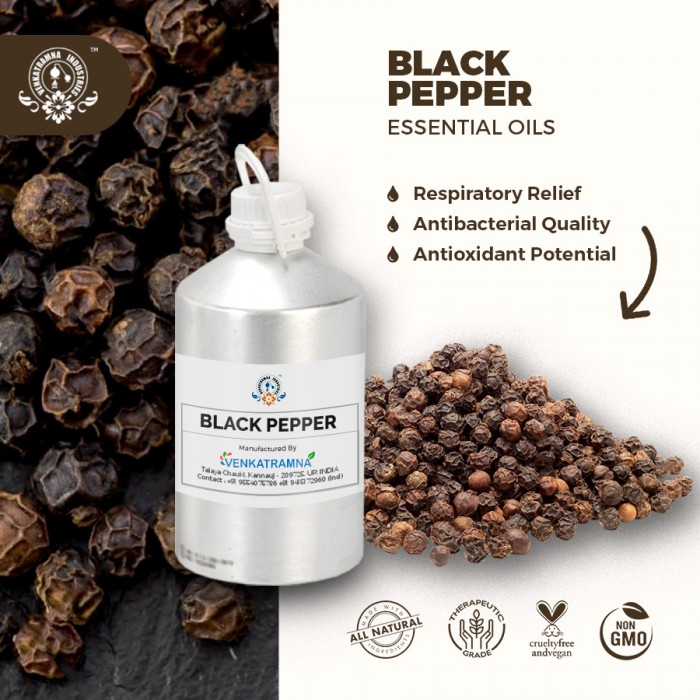
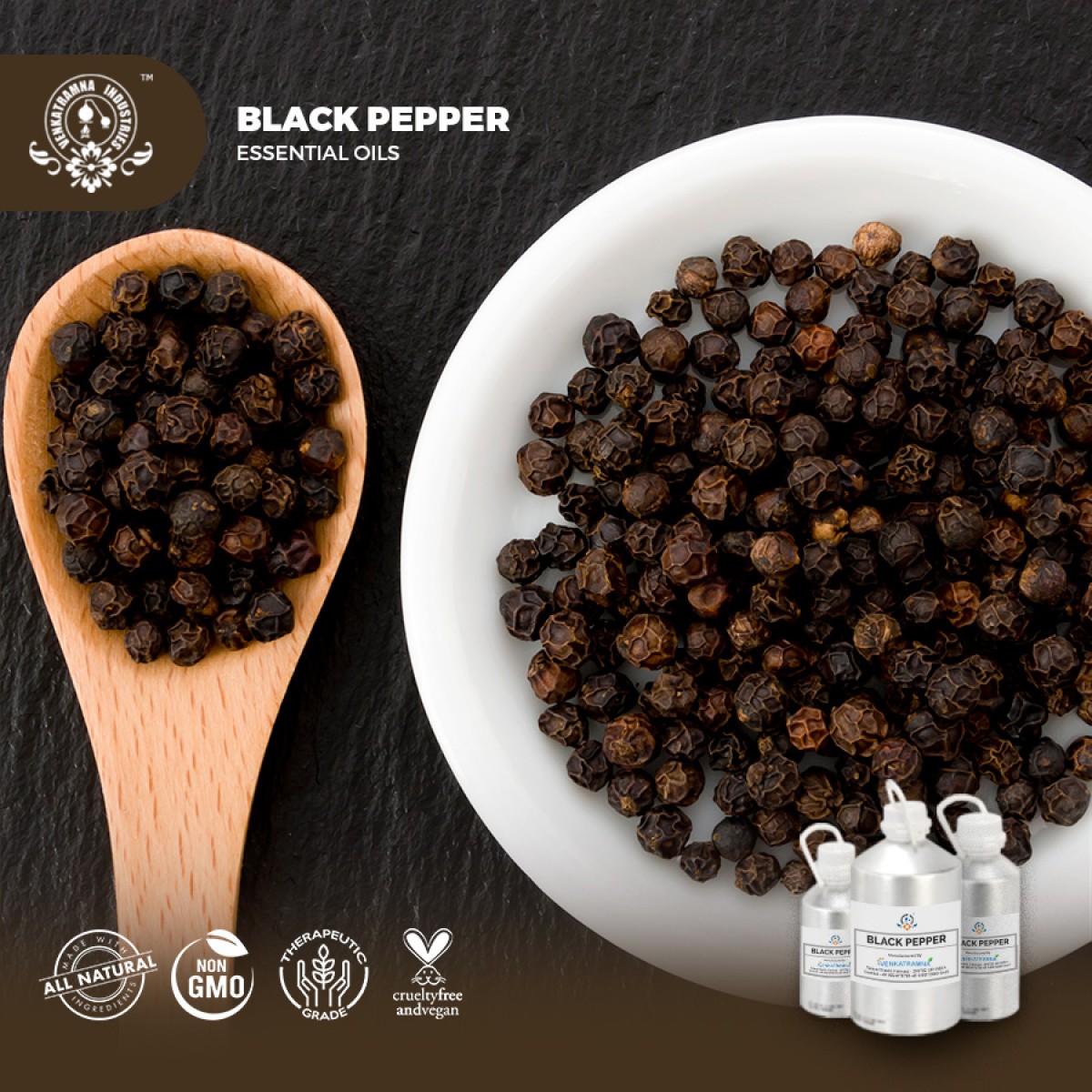
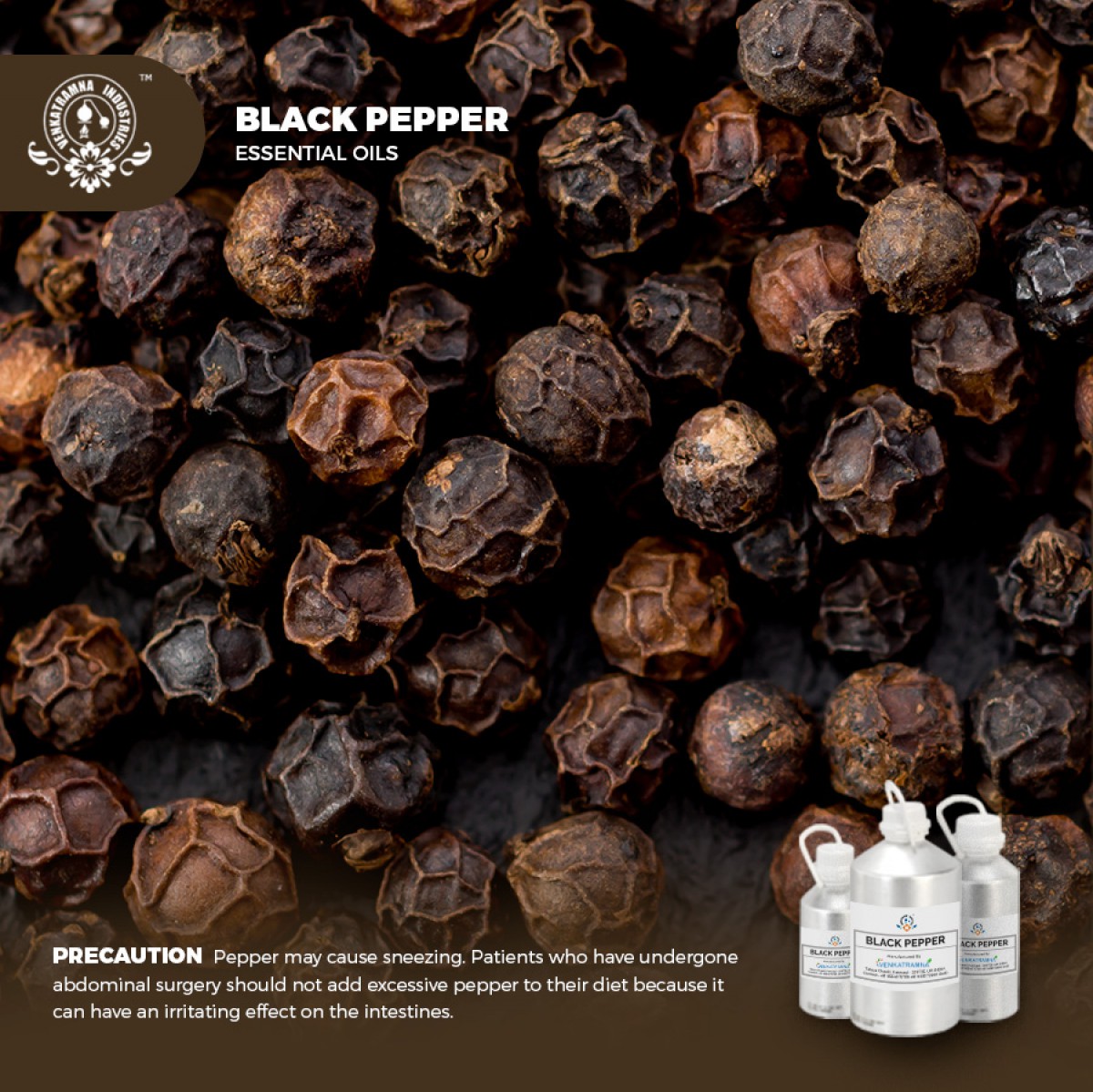
 MSDS-Black_Pepper.pdf
MSDS-Black_Pepper.pdf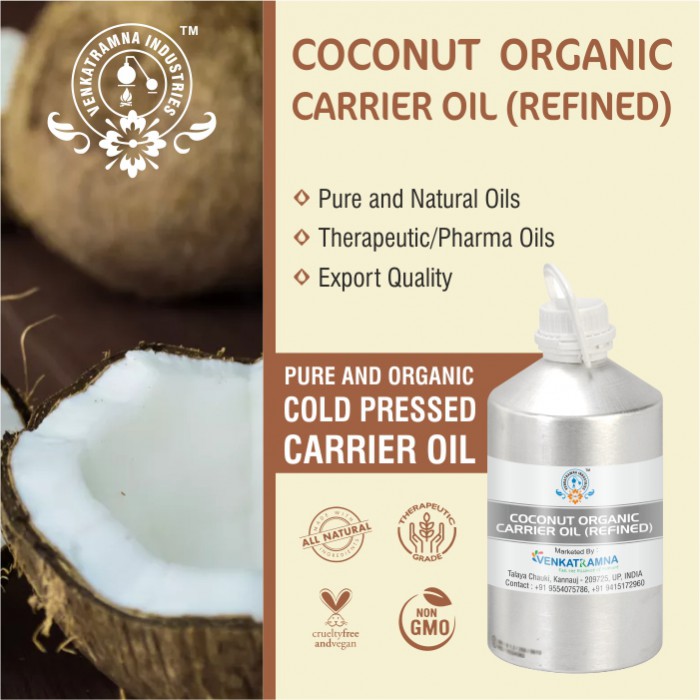
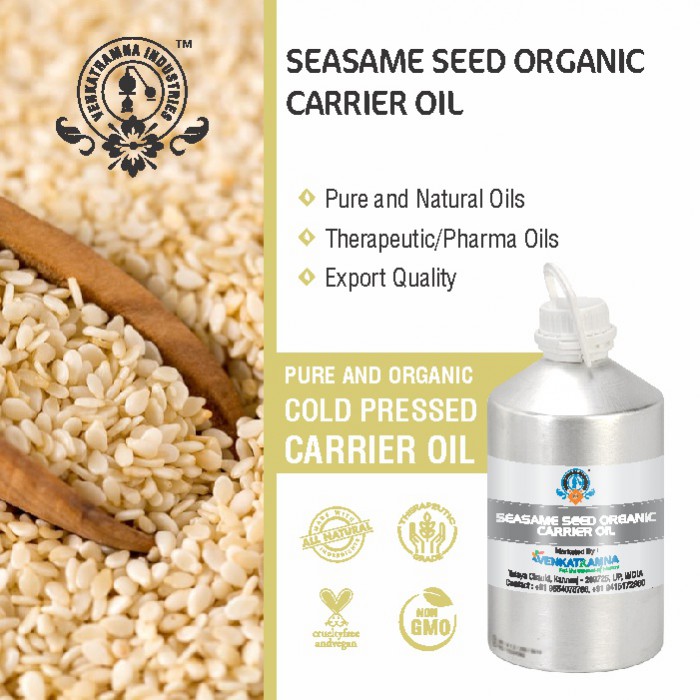
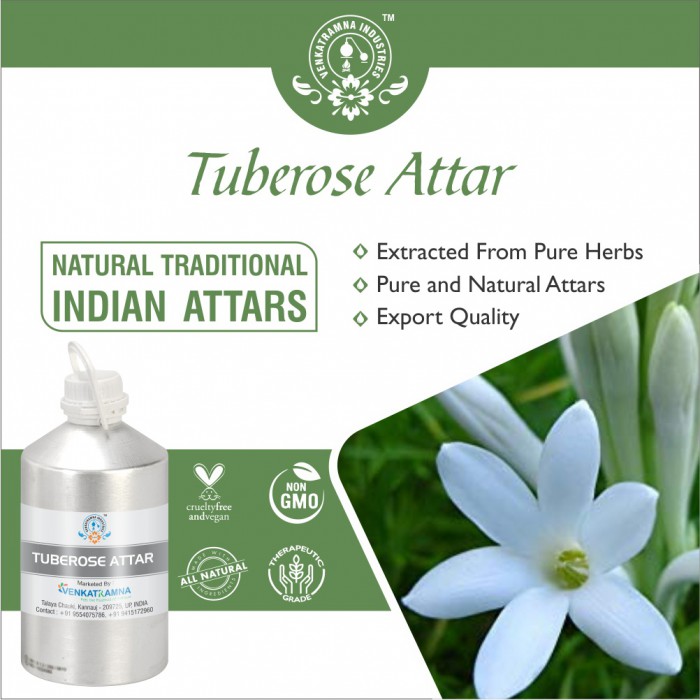
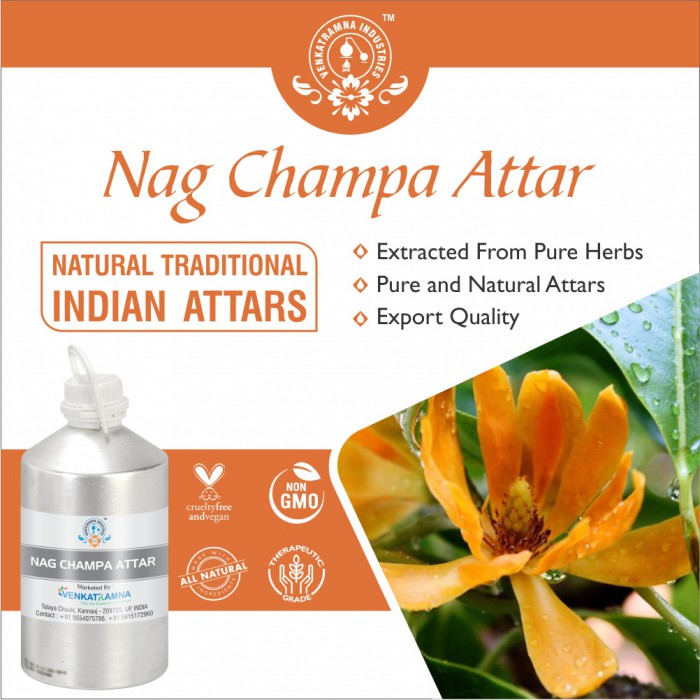
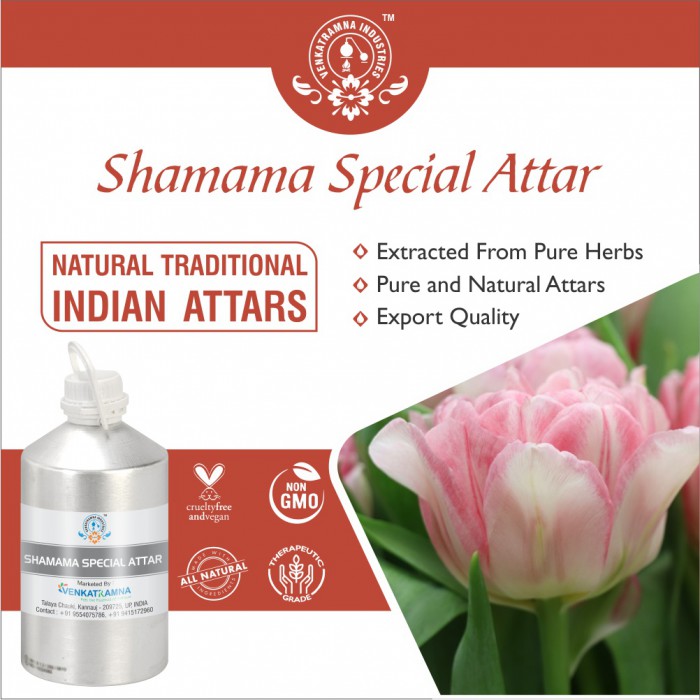
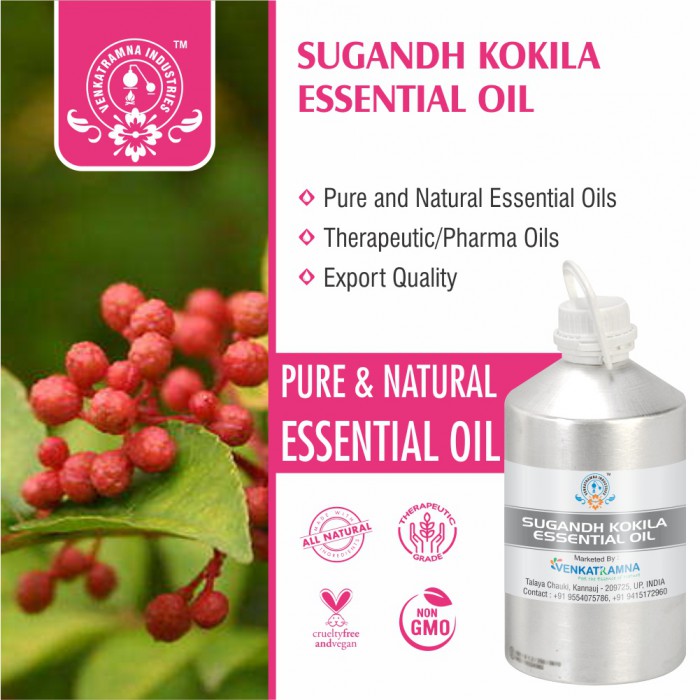
Ketan khelwade - 16 Aug 2022
Blending is good